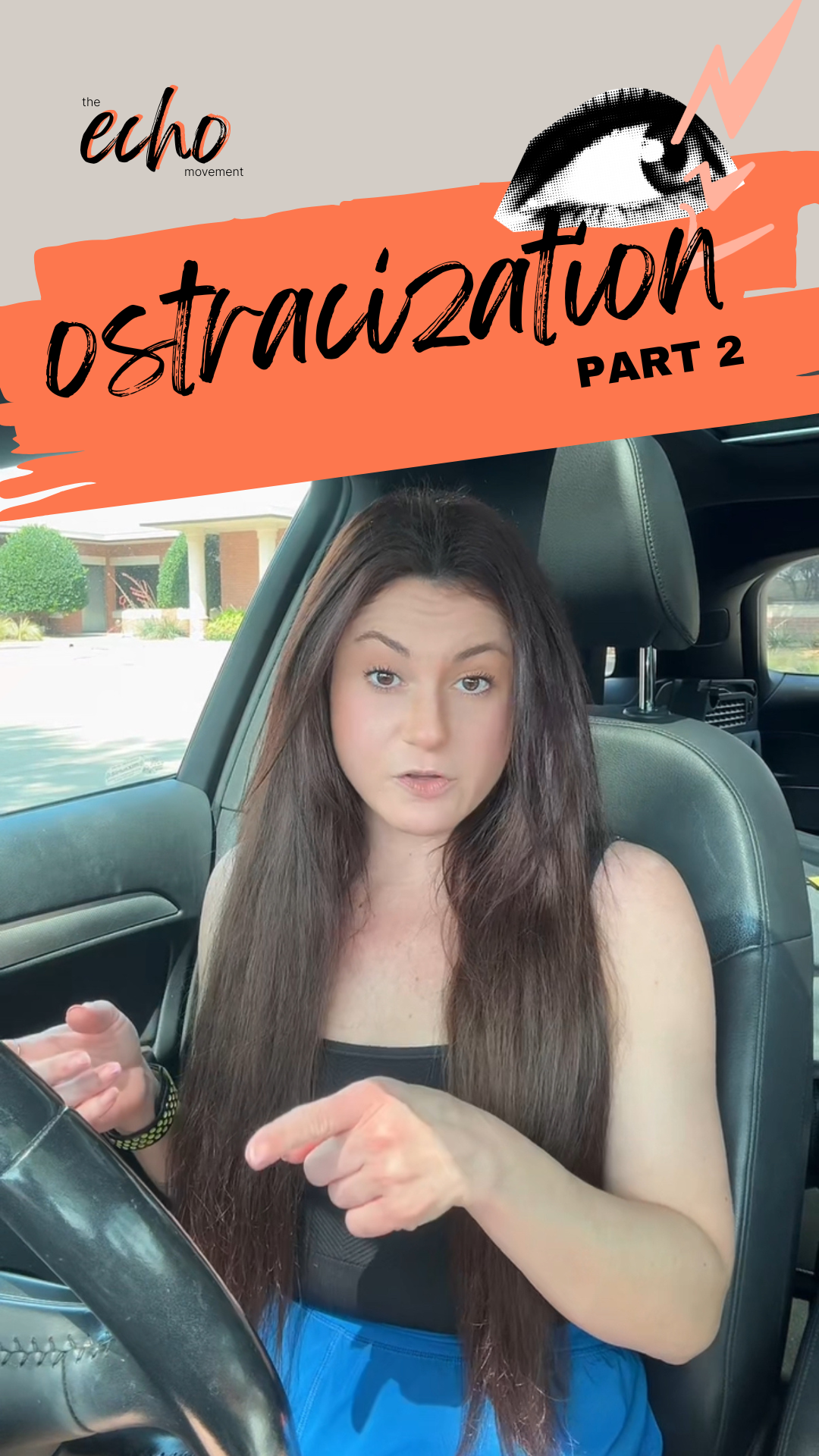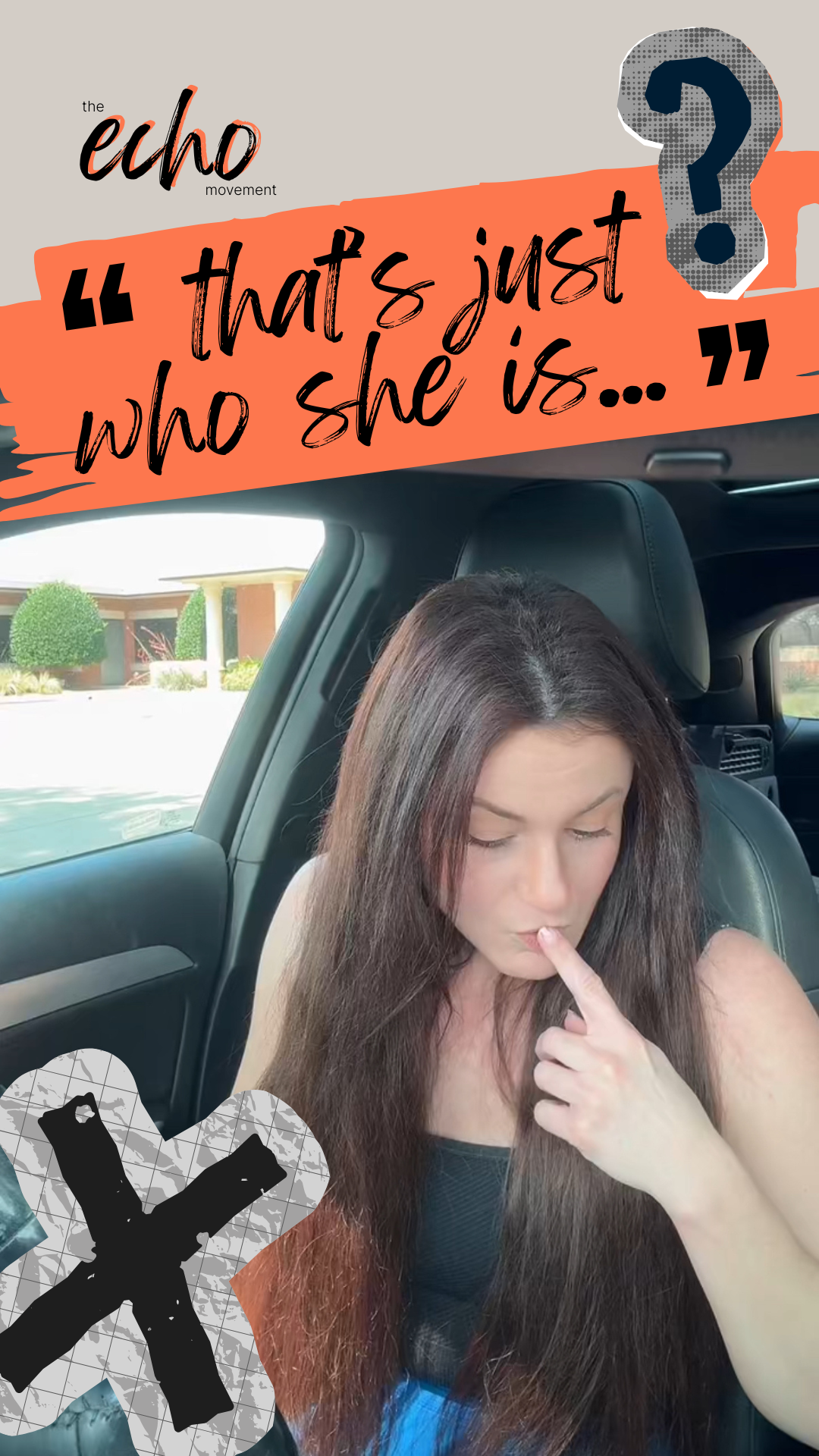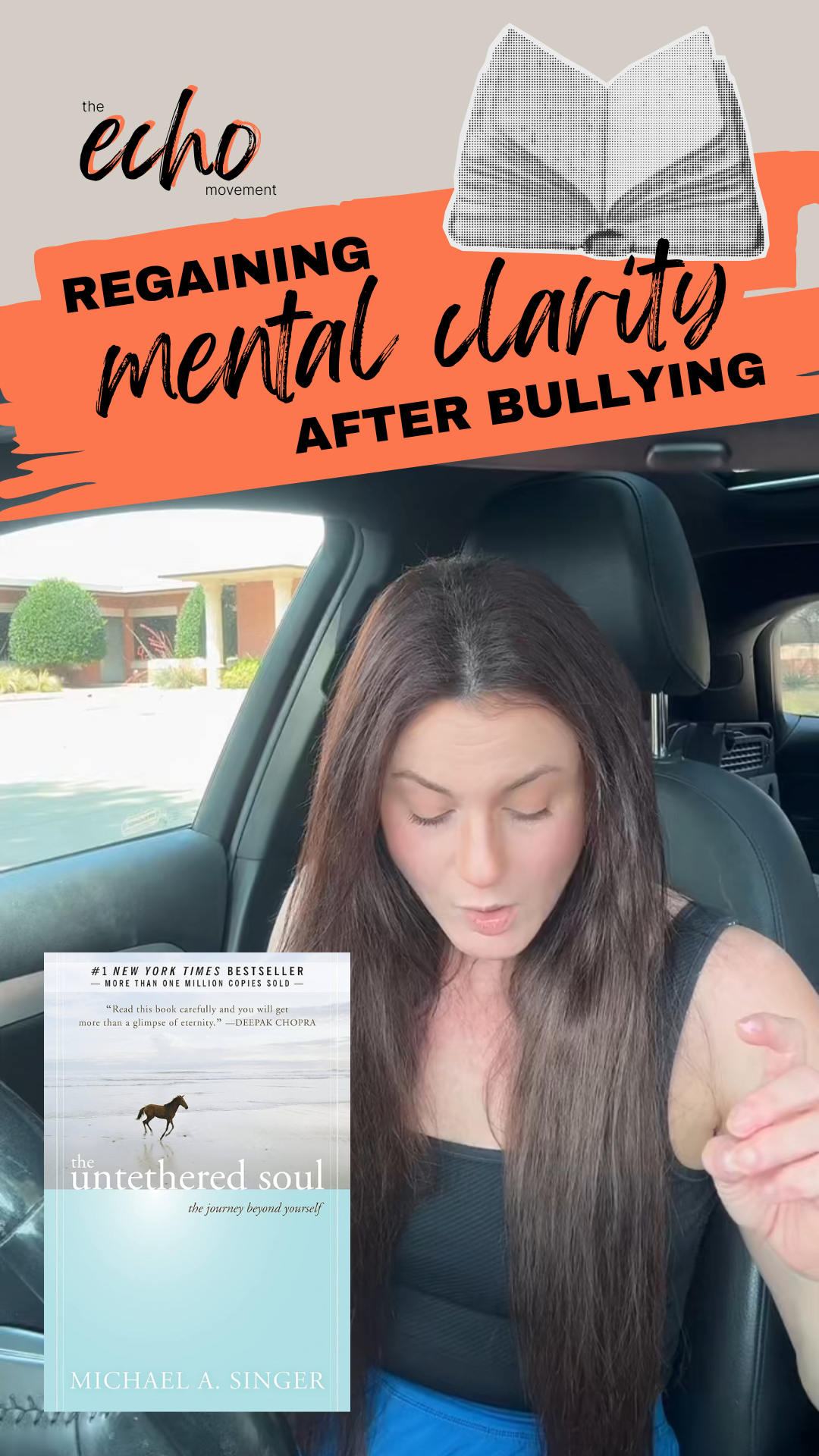Bullying isn’t always obvious — and it rarely looks the same from childhood into adulthood. While physical scars fade, the emotional ones often go unnoticed. In this video, we explore the hidden signs of bullying that many parents, educators, and even peers miss.
How Bullying Affects Kids: The Silent Signals
Kids rarely say, “I’m being bullied.” Instead, the trauma shows up in more subtle ways:
- Withdrawing from friends and family
- Changes in appetite or sleep
- Acting out or becoming unusually quiet
- Avoiding school or social activities
Understanding these early signs of bullying can help adults intervene before lasting damage is done.
Bullying Doesn’t Stop in Adulthood
Many adults who were bullied as kids — or who face bullying in the workplace — develop coping mechanisms that hide the pain:
- Constant burnout or anxiety
- Smiling through emotional distress
- Making excuses for toxic behavior
- Isolation disguised as “needing space”
Recognizing emotional signs of bullying in adults is just as critical. It’s time we stopped normalizing emotional suppression as resilience.
Why We Miss the Signs
Bullying often gets dismissed because it doesn’t always leave a mark. But emotional wounds are just as damaging. In this episode, we explain:
- How trauma responses can look like personality traits
- Why some kids shut down instead of speaking up
- How adults mask bullying as “stress” or “just having a bad day”
What You Can Do
- Educate yourself on early warning signs
- Create safe spaces for open conversations
- Support anti-bullying initiatives like The Echo Movement
Let’s make the echo loud enough to protect the ones who’ve gone unheard for too long.






